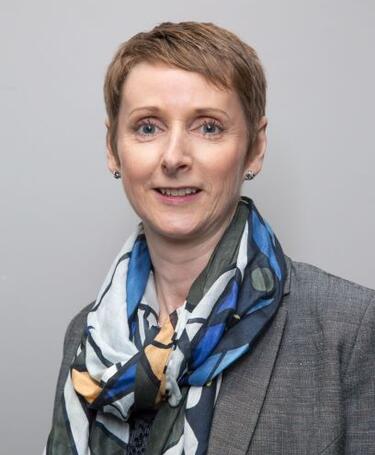
How the International Quality Awards can drive internal improvement

Ahead of the International Quality Awards 2022, we hear from one of this year’s judges, Kate Smith, Managing Director at Capella Associates, as she looks at how applying for an award can be used as a self-assessment and benchmarking tool in order to improve your organisation.
Making improvements is all about moving from where we are today, current state, to a future state. It involves taking steps to close gaps that we’ve identified for ourselves or that others (often customers) have shown us. However, if there are no gaps, then there’s nothing driving us to change – no future state that we want to achieve. If we want to improve, we need to be continuously seeking gaps and closing them.
Identifying the gaps with tools
Self-assessment, using a documented framework, and benchmarking, are great ways to help identify improvement opportunities. There are lots of frameworks that could be considered, and larger organisations often have their own documented system that sets out best practice. Typically, organisations use several frameworks to ensure, and assure, that they’re meeting the requirements of all interested parties. At Capella, we use three main frameworks that all incorporate third party annual assessments:
- ISO 9001:2015 to assure our Quality Management System.
- Cyber Security Essentials to cover the specifics of this critical aspect.
- Ofsted Inspection Framework to cover all aspects relating to the delivery of adult apprenticeships.
In addition to these, we use the CQI’s International Quality Awards to support our self-assessment and improvement activities. We saw the CQI’s International Quality Awards as an opportunity to take a fresh look through a different lens and to ask a new set of questions. It’s the asking of questions, then gathering and analysing evidence that enables us to do a good job of the ‘check’ stage of plan, do, check, act. This needs to be done openly and constructively, rewarding (and certainly not ‘punishing’) those who have found gaps. Done well, this forms a hugely powerful base for a quality and continuous improvement culture, where nobody is afraid to ask things or find problems that need to be resolved.
Learning from feedback
Through applying for awards, we open ourselves to the scrutiny of experts and this takes courage. However, again, the seeking of opportunities and grasping hold of them demonstrates, from the top, that these are the right things to do, and it sets the standard for the way we want everyone in the team to operate.
Feedback from award entries provides a useful resource for informing plans and priorities and this supports the setting of targets. Anything that’s data-backed will be more credible and more likely to gain buy-in from others. Then there’s the positive feedback that recognises great work. Even when we feel something we’ve done is good, affirmation from others is wonderful, especially when a load of hard work was required to reach that point. The pinnacle of course comes with being shortlisted and, even better, winning. The excitement and pride that this brings is enormous. Our winning certificates are displayed for all to see on the office wall and bring a smile to my face every time I look at them. We also proudly share our success with our customers, current and potential, and this adds to their confidence in us as a provider. The same goes for our team members and their confidence in Capella. The certificates help us stand out from the competition.
So, having won a few awards and been shortlisted for others, does that mean we’ll start looking for another set of questions? We’ll certainly be applying for other awards in the future and will remain open to other opportunities. For example, through my involvement in one of the CQI’s International Quality Awards judging panels for the last couple of years, I’ve had the chance to work with some great people and to see the excellent work that others are doing. It’s a fantastic opportunity for all of us. When we remain open and eager to learn from each other, we have the best chance of success in the long term, and sustainable improvements are what we strive for every day.
Learn more about the CQI's International Quality Awards.